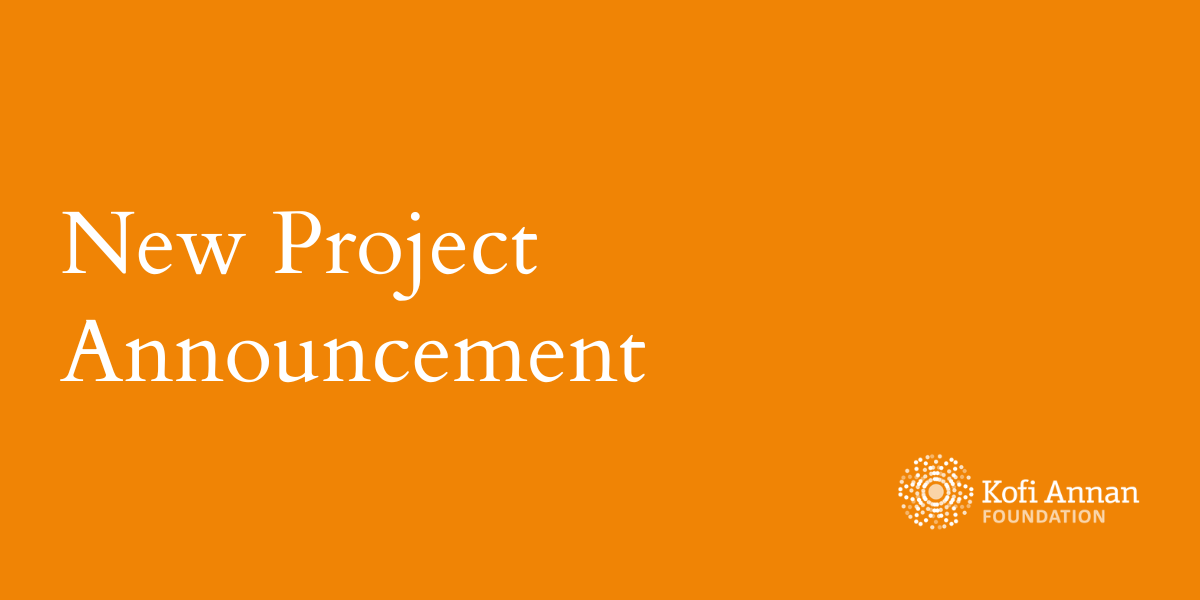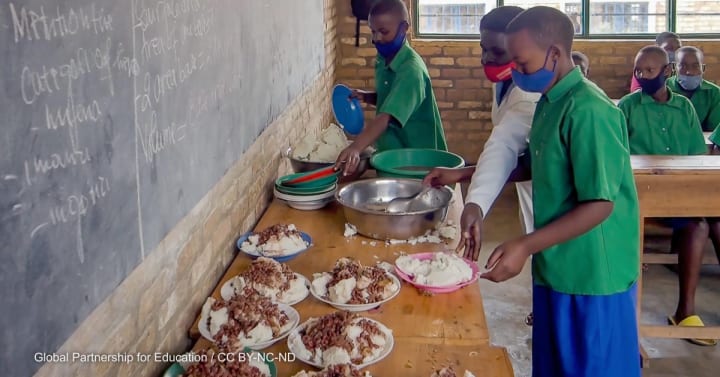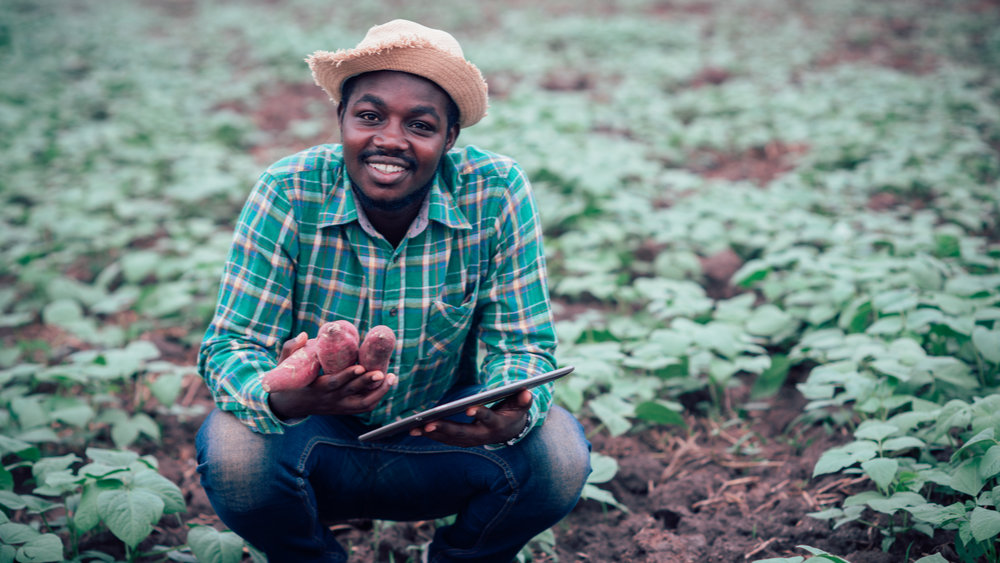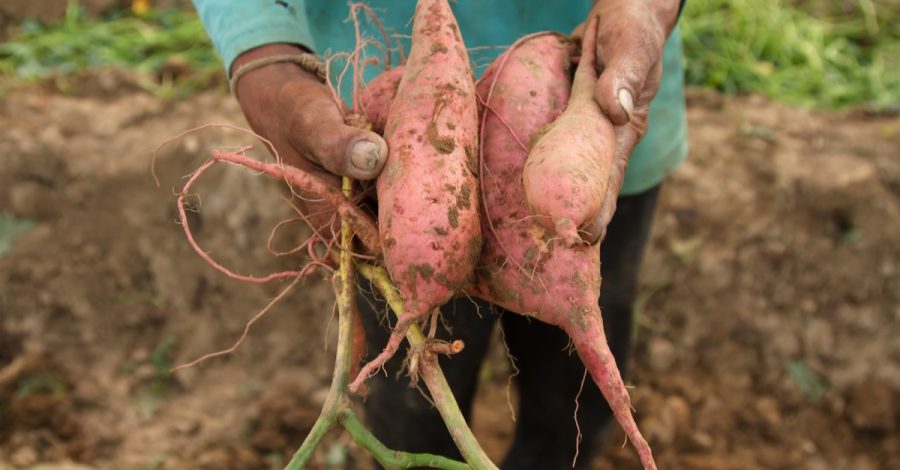Africa’s Solutions Towards Safe and Nutritious Food For All, AGRF Summit 2021 – Nane Annan
On September 9th, 2021, Mrs Nane Annan took part in a session entitled “Africa’s Solutions Towards Safe and Nutritious Food For All” at the AGRF Summit. Below is an excerpt from the speech she delivered.
Excellencies, ladies and gentlemen, distinguished delegates, and guests.
It is a great privilege to be with you today for this innovative and forward-looking session. Our goal is to find solutions to one of the world’s most pressing problems, safe and nutritious food for all.
The 2021 Report State of Food Security and Nutrition in the World notes that compared with 2019, about 46 million more people in Africa were affected by hunger in 2020, with further staggering effects on nutrition security.
The high cost of healthy diets and persistently high levels of poverty and income inequality continue to keep healthy diets out of reach for around 3 billion people globally.
The world is right now experiencing multiple shocks highlighting the vulnerability of our food systems and their resilience. In Africa and beyond, the COVID-19 pandemic is reducing access and affordability of healthy diets further, likely causing millions of more wasted and stunted children.
Let us not forget that behind these numbers, there is the tragedy of a child not reaching their full potential, therefore, nor their country.
Besides COVID-19, we are seeing the impact of climate change; think of the looming famine in Madagascar and the locust invasions that decimated crops in the Horn and Eastern Africa. There are also the effects of conflicts in the Sahel region, Ethiopia, DRC, and other countries. These shocks will see more people fall into poverty and increase hunger and malnutrition.
In addition, with the rapid growth of diet-related diseases, more low- and middle-income countries are facing a double burden of diseases, such as diabetes and cardiovascular disease—adding to health problems related to undernutrition.
Ladies and gentlemen, although nutrition targets are far from being met, there are some promising developments underway to improve access to healthy diets.
Recently, with leadership by the African Union, African countries have forged a common voice to present game-changing solutions for transforming food systems. Within multi-stakeholder dialogues that are informing the UN Food Systems Summit later this month, African countries are seeking to leverage solutions that are already available, affordable, and desirable.
To put these solutions into action, the first meeting of the proposed Coalition of Action for Healthy Diets from Sustainable Food Systems for Children, Families & All took place in August.
- The discussions focused on providing a platform to share and exchange information on emerging national, regional and global priorities, on possible food systems transition pathways,
- On Africa’s specific needs and priorities, mindful of the Continent’ wide diversity in socio-economic and environmental ecosystems;
- And on the interest in supporting a potential coalition on healthy and sustainable diets for all and identifying potential areas of collaboration.
This effort will certainly help set a path toward building greater resilience into our food systems for healthy diets.
We also need to identify and leverage entry points for systemic changes, and this must include us answering questions such as: How can we accelerate the adoption of more nutritious and sustainable agricultural technologies for those living in poor and vulnerable areas? What are suitable and affordable delivery mechanisms and solutions for nutritious foods? Where do we put the least effort for the most benefit to make nutrition available, accessible, and affordable? Who are the missing actors in the current conversations? And where can we source funding for these interventions?
Dear friends, we urgently need to identify implementable solutions and issue a call to action to ensure that sustainable, nutrient-rich foods are available, accessible, and affordable for all.
This will not be achieved in a day, a week, or even a year.
This process will stand on the shoulders of previous successful responses by Africans for Africans with the support of global partners from across sectors. It will contribute towards my husband Kofi Annan’s vision of a prosperous and food- and nutrition-secure African continent, which he worked so hard for as UN Secretary-General, and later at the helm of AGRA and the Kofi Annan Foundation.
We need to build on these efforts and work together to accelerate the implementation of these solutions. Therefore, our pathways to recovery must consider the drivers, activities, outcomes, trade-offs and synergies that would leave no one behind, encompass sustainability, and provide healthy diets.
With our partners working in the private sector, today’s discussion will:
- Identify promising agriculture and food policies that can be scaled up to support healthy diets with appropriate budgets.
- Discuss the challenges and opportunities of accessing nutritious food with technologies such as staple crop bio-fortification at the smallholder farmer level, the industrial fortification at the food processing level, and supplementation.
- Consider the barriers and necessary interventions to making healthy foods affordable and desirable; and
- Call on advocates and communication actors to support the private and public sector to inform consumers about healthy diet options without being prescriptive.
We clearly have an ambitious agenda ahead of us, but your commitment and contribution are crucial on the road to deliver healthy diets to all. Thank you very much.
—
Nane Annan is a member of the Kofi Annan Foundation Board and a nutrition advocate. To watch the full session: LINK



